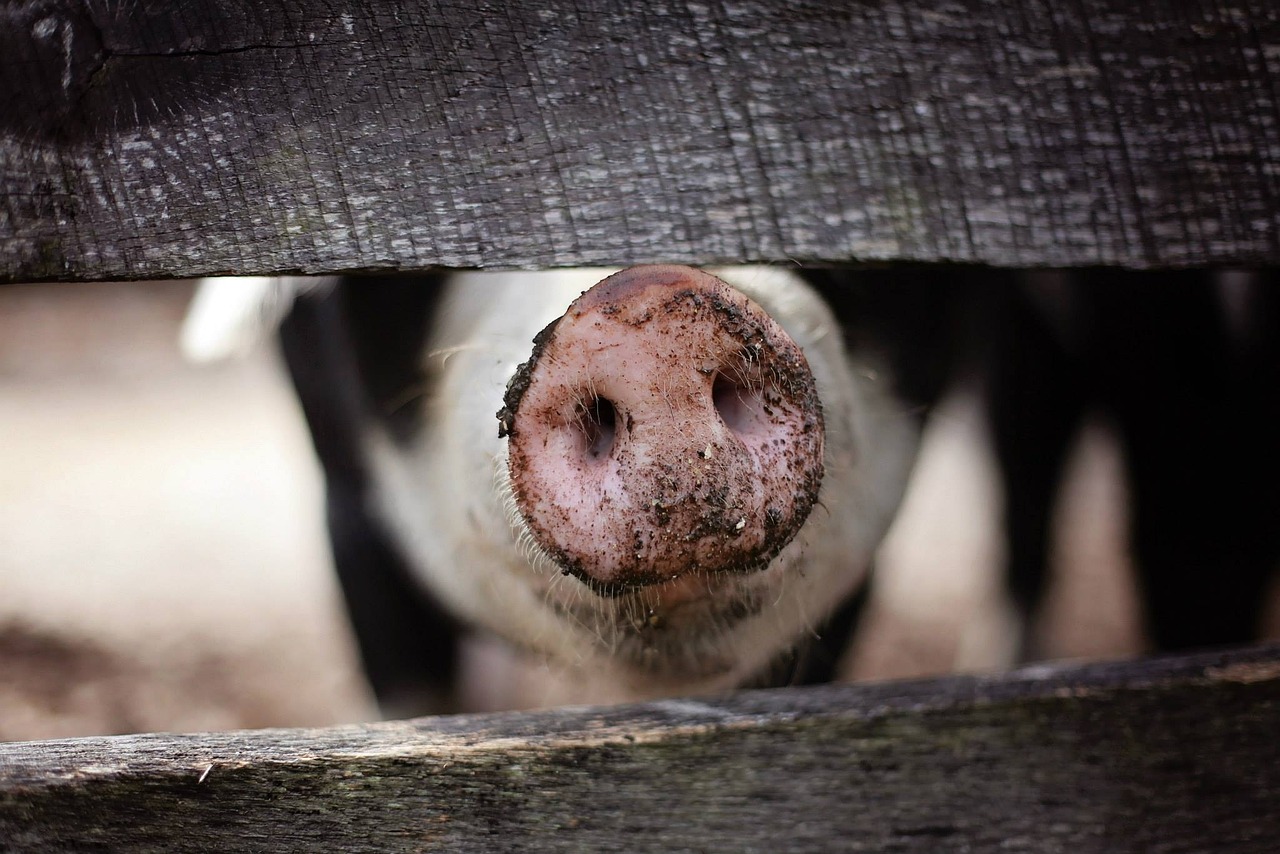United Kingdom – In an effort to address the environmental repercussions of ammonia emissions from livestock, a pioneering project is underway that could reshape the future of pig farming.
With the implementation of cutting-edge ammonia-harvesting technology, the PigProGrAm initiative is poised to revolutionize the industry, not only by curbing ammonia emissions but also by harnessing green ammonia for diverse applications, including hydrogen production. Backed by a substantial £600K government investment, this collaborative endeavor marks a significant stride in aligning farming and engineering to combat climate change.
Fusing farming and engineering
At the heart of the PigProGrAm project is a formidable consortium of industry leaders, including the Agriculture and Horticulture Development Board (AHDB), Beta Technology, the University of Leeds, Duynie Feed, and a commercial pig unit in North Yorkshire. The project has welcomed a new partner, Membracon, a specialist in water treatment, clean water recycling, and effluent solutions. This synergy of agricultural and engineering expertise exemplifies the multidisciplinary approach needed to drive innovation in the farming sector.
The backbone of the project lies in the deployment of an innovative technology known as the Downflow Gas Contactor (DGC), developed by Membracon. The DGC’s exceptional gas separation capabilities are leveraged to harvest green ammonia from pig waste. By reducing ammonia emissions, this approach not only alleviates environmental impact but also generates a valuable byproduct with manifold applications.
Transformative approach
Harvesting ammonia from pig waste introduces a transformative approach to pig farming. Lower ammonia emissions contribute to improved air quality and mitigate the negative effects of nitrogen accumulation on land and acidification of water courses. Moreover, the byproduct of this process has dual utility. On one hand, it can serve as a high-quality fertilizer, enhancing sustainable agriculture. On the other hand, it holds the potential to unlock hydrogen production, a key player in the battle against climate change.
The PigProGrAm initiative isn’t confined to ammonia harvesting alone. It delves into various facets of pig production, including feed optimization. By addressing multiple dimensions of the industry, this holistic approach endeavors to reshape the landscape of UK pig farming, moving it toward a more sustainable and climate-resilient future.
Financial support
The PigProGrAm project has garnered crucial financial support from the Government’s Farming Innovation Programme. This funding, delivered by the Department for Environment, Food & Rural Affairs (Defra) in collaboration with UK Research & Innovation (UKRI), aims to drive transformative projects that enhance productivity, environmental sustainability, and contribute to the net-zero agenda.





